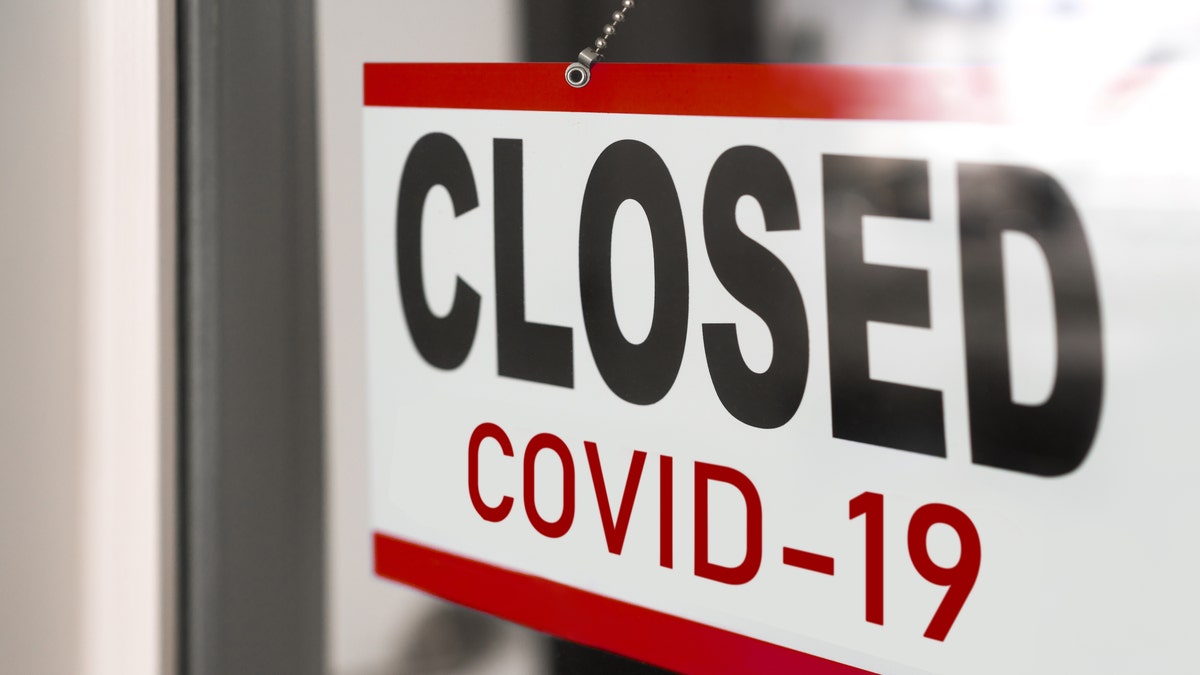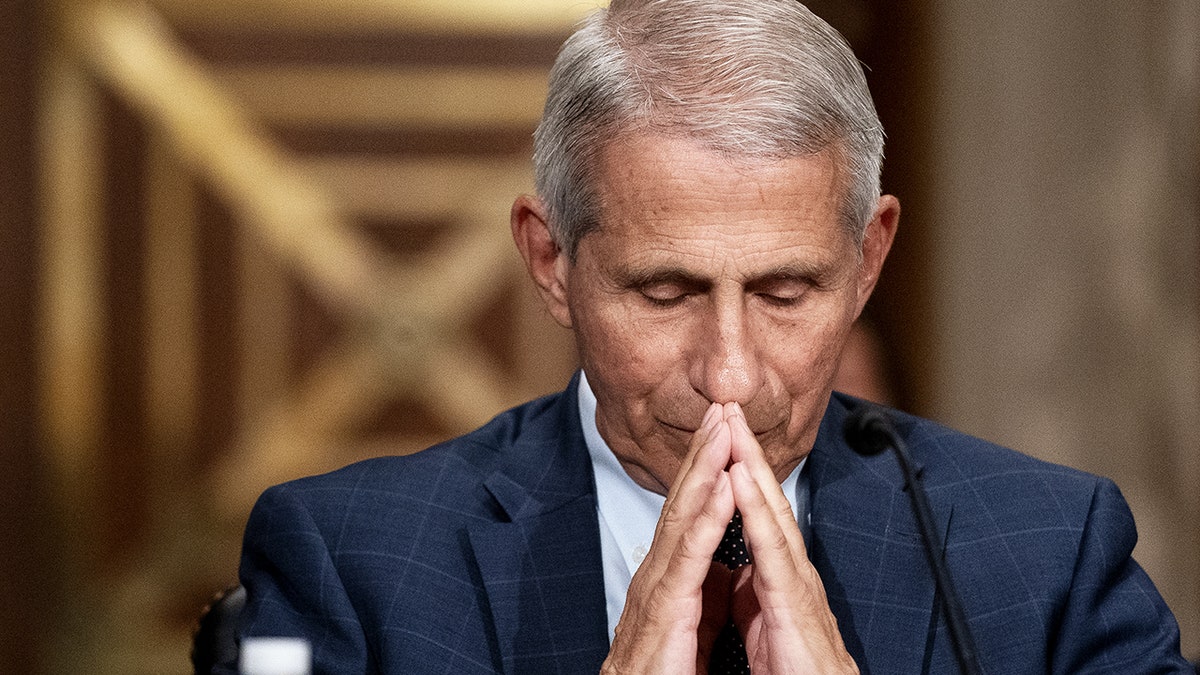Coronavirus restrictions, migrant crisis having lasting effects on small businesses
Crazy Otto’s Empire Diner owner Scott Tranter, Irish Nobleman Pub owner Declan Morgan and 88 Drive-in Theatre owner Susan Kochevar on the lasting impacts coronavirus restrictions had on their businesses
The Washington Post acknowledged the damage caused by COVID-19 lockdowns and urged the government to consider the risks when taking such extreme measures in the next pandemic.
"School closures and business lockdowns imposed massive costs with which the nation is still reckoning. Next time, society needs to be better prepared to make tough public health decisions that realistically factor in these costs," the board wrote in an editorial published online Monday.
Prominent government officials who spearheaded lockdowns have drawn attention recently for admitting that they ignored the negative consequences on school and businesses.
Criticism of these officials is warranted, The Post said, but it is also an opportunity for the nation's leaders to learn from these mistakes and approach the next health crisis more carefully.
MSNBC HOST DEFENDS SCHOOL LOCKDOWNS FOR COVID, ATTACKS 'DANGEROUS MYTHS' OF LEARNING LOSS

Lockdowns on businesses and schools "imposed massive costs with which the nation is still reckoning," The Washington Post wrote. (iStock)
The government should consider running a cost-benefit analysis when faced with the next health crisis, in order to provide transparency to the public and make clear "what is at stake."
One example of this is economist Eric Hanushek's recent analysis estimating the long-term effects of school lockdowns, The Post said. The loss in learning would create a 0.6-to-2.9-percent drop in states’ gross domestic product for "each year for the remainder of the twenty-first century," according to his research.
"When the next pandemic strikes, it is unlikely that whoever is running the teachers unions will accept that teachers should return to class because their risk of death is low while the cost to children is high. And yet, for all the political complications, refusing to account for the damage to children’s future should be unacceptable, especially now that society has a much better understanding of the costs," The Post wrote.
While "some restrictive public health measures" may be "necessary" in the future, policymakers "should account for the entire spectrum of social harms in a transparent conversation about all the trade-offs," the paper concluded.
The New York Times recently came to a similar conclusion on school closures, warning they "may prove to be the most damaging disruption in the history of American education."

Anthony Fauci, former director of the National Institute of Allergy and Infectious Diseases, admitted recently that a six-feet-distancing advisory during the pandemic was not based in science. (Stefani Reynolds/The New York Times/Bloomberg via Getty Images)
The Post's take is a departure from its past opinions on lockdowns.
In a July 27, 2020 editorial, the paper recommended "throwing the kitchen sink" at COVID-19, through a combination of harsh lockdowns, universal mask wearing, transit closures, and hotels set up to house people with symptoms.
"The experience of other nations in fighting outbreaks — even raging outbreaks — should make Americans realize: It doesn’t have to be this way. The United States could tamp down the wildfires of virus in two months. The methods are not a secret, and they are not rocket science," the paper wrote in an editorial slamming the Trump administration's response to the pandemic.
Five months later, The Post defended targeted lockdowns as one solution to stopping the virus spread.
"As difficult as it may be, closing bars and restaurants for two weeks or a month seems a small sacrifice to save lives," the board wrote, saying these businesses could be compensated by the government. The paper also admitted that K-12 schools have not shown to be major sources of virus transmission and should remain open.
"For some people, lockdown sounds draconian. But we have learned to do it better, and should keep trying to save lives, save the health care system and save ourselves," The Post wrote in the December 2020 op-ed.









































